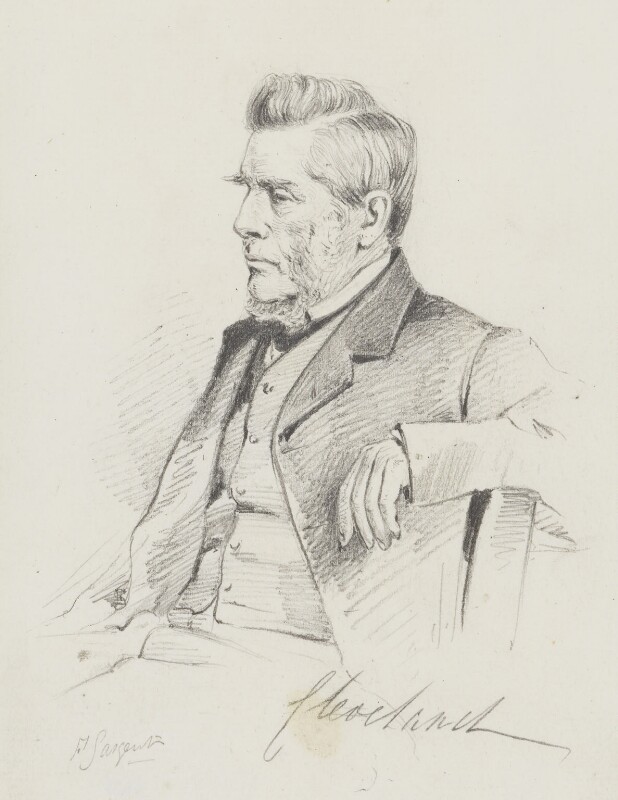Harry George Powlett, 4th Duke of Cleveland
|
His Grace The Duke of Cleveland KG | |
|---|---|
 The Duke of Cleveland.
| |
| Personal details | |
| Born | 19 April 1803 |
| Died |
21 August 1891 (aged 88) Cleveland House, 16 St James's Square, Westminster, London |
| Nationality | British |
| Political party | Whig |
| Spouse(s) | Lady Catherine Stanhope (1819–1901) |
| Alma mater | Oriel College, Oxford |
Harry George Powlett, 4th Duke of Cleveland KG (19 April 1803 – 21 August 1891), styled The Honourable Harry Vane until 1827 and Lord Harry Vane from 1827 to 1864, who in 1864 adopted by Royal Licence the surname and arms of Powlett in lieu of Vane, was an English landowner, diplomat and Whig statesman. During the crisis which led to the collapse of Lord Russell's government in 1866 over the question of parliamentary reform, he was considered a possible compromise Prime Minister in a Whig-Conservative anti-reform coalition government, but such plans came to nothing.
Vane was the third son of William Vane, 1st Duke of Cleveland KG (1766–1842), by his wife Lady Catherine Margaret Powlett, daughter of Admiral Harry Powlett, 6th Duke of Bolton (1720–1794). His elder brothers were Henry Vane, 2nd Duke of Cleveland KG (1788–1864), and William Vane, 3rd Duke of Cleveland (1792–1864).
Vane was educated at Oriel College, Oxford. He entered the foreign service and held posts in Paris and before entering the House of Commons in 1841 as a member of parliament for South Durham, which seat he held until 1859, when he switched to Hastings, which he represented until his accession to the dukedom and elevation to the House of Lords on the death of his brother on 6 September 1864. On 18 November 1864 he adopted by Royal Licence the surname and arms of Powlett in lieu of his patronymic, in accordance with the will of his maternal grandmother the Duchess of Bolton (Katherine Lowther (d.1809), daughter of Robert Lowther, sister of James Lowther, 1st Earl of Lonsdale, and wife of the 6th Duke of Bolton). He was made a Knight of the Garter in 1865. During the crisis which led to the collapse in 1866 of Lord Russell's second ministry over the question of parliamentary reform, he was considered a possible compromise Prime Minister in a Whig-Conservative anti-reform coalition government, but such plans came to nothing.
...
Wikipedia
